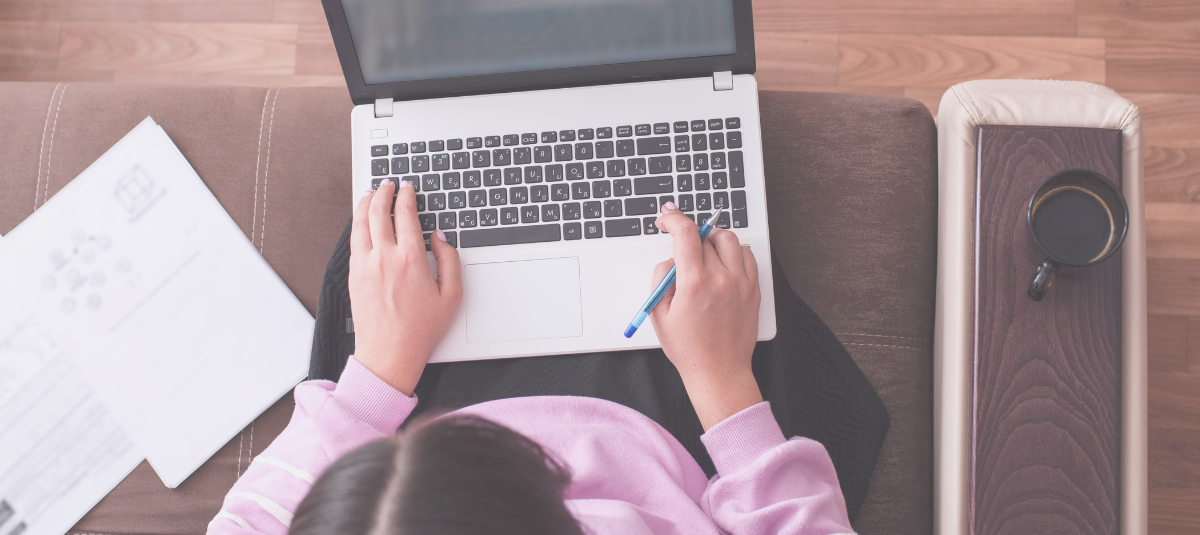A much-needed spotlight has recently been shone on the systemic racism that has long been embedded in our country, creating disparities and disadvantages for BIPOC communities. Many privileged individuals cannot even begin to imagine the hardships that marginalized and minority groups have faced, nor have they ever taken the time to educate themselves on this subject matter.
Fortunately, many subsets of society, from the public sector to the corporate world, are recognizing and acting upon the dire need to change the injustice that permeates our culture. The Higher Education industry is no exception and, in fact, has been leading this charge. It is incumbent upon Higher Education leaders to make an even more concerted effort to ensure all students, faculty, and staff feel welcome and that their campuses foster a true sense of inclusion and community. These efforts should take a top-down, bottom-up, and side-to-side approach rather than be the sole responsibility of a specific individual or department.
One such effort is to require Cultural Competency Training for all incoming students if this is not already being done. Cultural Competency Training should begin with a foundation of basic Diversity, Equity, and Inclusion (DEI) vocabulary. Once that has been established, it is important to provide students with the tools needed to help dismantle their implicit biases (because yes, we all have them) in order to really help effectuate change.
Mindfulness and Empathy are two skills that can help to do so while simultaneously creating greater DEI on campuses at both the individual and societal level. By cultivating these skills, we are able to increase our capacity for compassion, understanding, and tolerance and have the power to transform our lives and the world.
So what exactly are Mindfulness and Empathy? According to Jon Kabat-Zinn, the father of Mindfulness in the western world, Mindfulness can be defined as “awareness that arises through paying attention, on purpose, in the present moment, non-judgmentally.” Empathy can be defined as having an understanding of other people’s feelings and communicating that understanding to others without trying to change or fix them. When combined, Mindfulness helps us to be present for the experience of others, and Empathy helps us to understand.
According to Dr. Joe Cuseo, U-Thrive Educational Services Academic Program Advisor, “since Mindfulness deepens awareness of internal feelings and attitudes, individuals who are more Mindful are more likely to be more aware of implicit biases and prejudices.” Mindfulness helps promote critical thinking, which in turn helps people to recognize personal viewpoints and emotional reactions. By recognizing our own implicit biases, we are less likely to make judgments.
Empathy is a crucial skill in DEI training because it can help people connect, even across different views and experiences. According to Dr. Robert Biswas-Diener, “Empathy is like a dimmer switch on a light, and it can be turned steadily up or down, although doing so often requires a little effort. It takes some willpower to want to and try to see experiences from an alternate viewpoint.” Although approaching experiences with a different perspective might at first seem difficult, with practice and effort, these skills can be cultivated.
Cultural competency training has always been a critical component of the mental and emotional wellness programs that U-Thrive Educational Services provides to college students. We are currently providing higher education institutions with free video content from our 45-minute online Diversity, Equity, and Inclusion (DEI) program. In this video taught by DEI expert Valerie Brown, JD, MA, PCC, Chief Mindfulness Officer at Lead Smart Coaching, students are exposed to DEI vocabulary and learn about the role that Mindfulness and Empathy plays in supporting greater DEI among individuals and society. This video is accompanied by a comprehensive Facilitated Discussion Guide where educators can guide students in exploring their own implicit biases and practicing the four components of empathy. To receive this free material for your campus, please contact Simone Figueroa.




